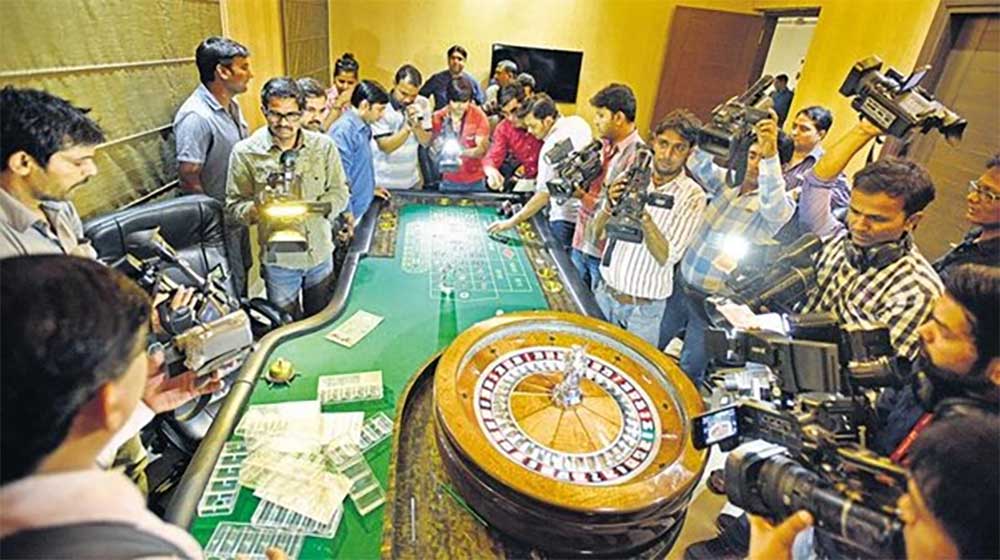
In recent years, the debate around the legalization of online casino gambling in India has gained momentum, as published by “Top 10 Online Casinos For Real Money in India | 🛍️ LatestLY“. As the world increasingly embraces digital platforms, the potential benefits and drawbacks of such a move are worth exploring. This article provides a balanced analysis of the issue, discussing the potential for revenue generation, employment opportunities, increased tourism, and consumer protection measures, as well as potential social issues, problem gambling, addiction concerns, potential exploitation, and regulatory challenges.
The Potential Upsides
Revenue Generation
The legalization of online casino gambling could significantly boost India’s economy. According to a report by KPMG, the online gaming industry in India is expected to generate a revenue of INR 11,900 crore by 2023. This revenue could be used to fund various public services and infrastructure projects, contributing to the overall development of the country.
Employment Opportunities
The online gambling industry could also create numerous job opportunities. From tech professionals to customer service representatives, a wide range of roles would be needed to support the industry. The KPMG report also suggests that the online gaming industry could create direct employment for around 40,000 people and indirectly employ around 200,000 people.
Increased Tourism
Countries with legalized gambling often see a boost in tourism. If India were to fully legalize online casino gambling, it could attract tourists who wish to participate in legal online gambling activities. This could further stimulate the economy and create additional jobs in the tourism sector.
Consumer Protection Measures
Legalizing online casino gambling would allow for the implementation of robust consumer protection measures. This could include regulations to ensure fair play, secure transactions, and responsible gambling practices. Currently, Indian gamblers who use offshore online casinos are subject to the rules and regulations of the host country, which may not provide adequate protection.
The Potential Downsides
Social Issues
While the economic benefits are significant, the social implications of legalizing online casino gambling cannot be ignored. Gambling can lead to a range of social issues, including increased crime rates, financial difficulties, and family problems. It’s crucial that any move towards legalization is accompanied by measures to mitigate these potential issues.
Problem Gambling and Addiction Concerns
Problem gambling and addiction are serious concerns associated with online casino gambling. According to a study by the All India Institute of Medical Sciences, about 2.8% of Indians are affected by problem gambling. Legalizing online casino gambling could potentially increase the prevalence of problem gambling, as it would make gambling more accessible.
Potential Exploitation
There’s also the risk of exploitation by unscrupulous operators. Without stringent regulations and enforcement, players could fall prey to scams and fraudulent practices.
Regulatory Challenges
Regulating online casino gambling presents its own set of challenges. As per a report by ISS Governance, online gambling poses money laundering risks. Moreover, the Indian government has recently proposed the creation of self-regulatory bodies to oversee the online gaming sector. However, ensuring compliance with these regulations across different jurisdictions could be a complex task.
In conclusion, while the legalization of online casino gambling in India could bring significant economic benefits, it’s crucial to carefully consider the potential social and regulatory challenges. A balanced approach that maximizes the benefits while minimizing the risks could pave the way for a thriving and responsible online casino gambling industry in India.
